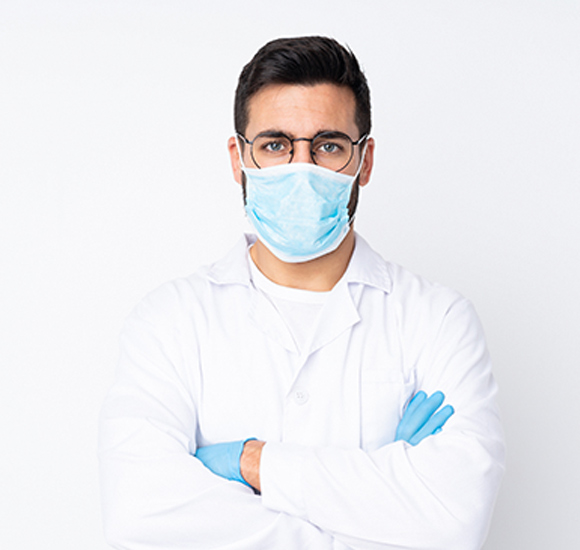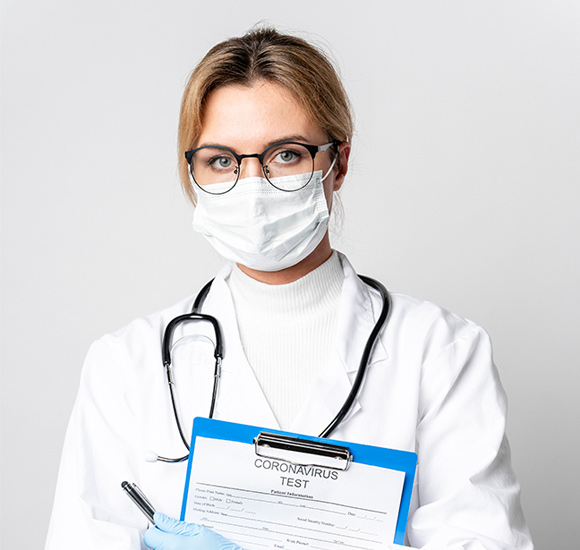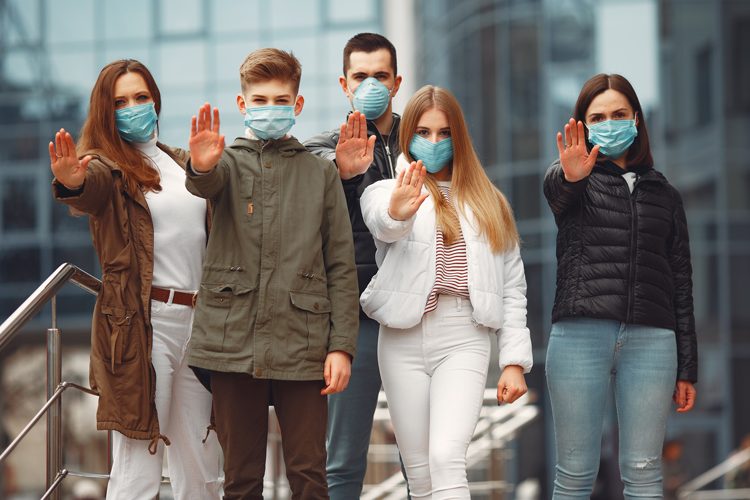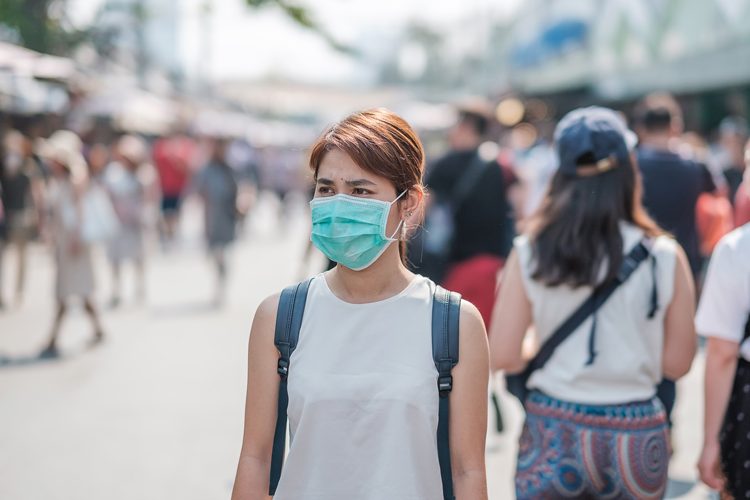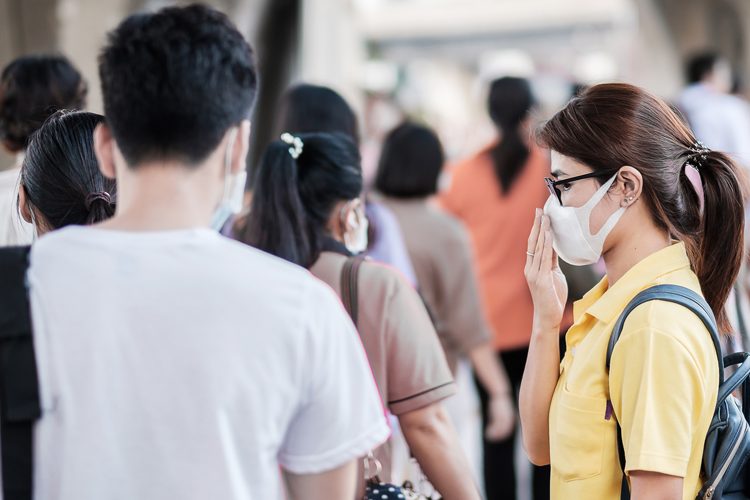COVID-19 Statistics
Total Country
Confirmed Cases
Deaths
Recovered
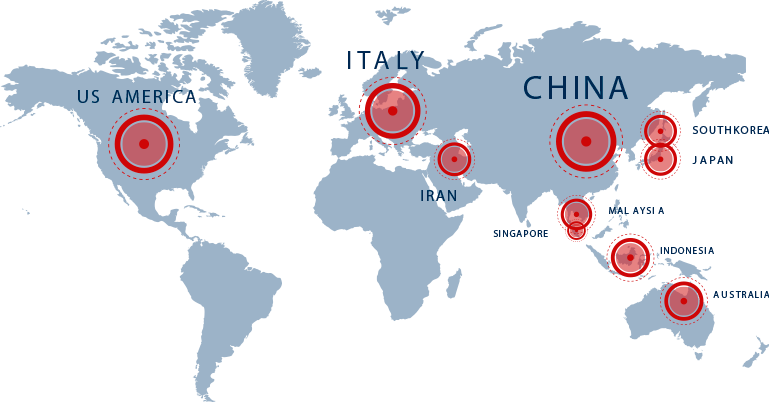
Sort by confirmed numbers.
| Country or Region | Cases | Deaths | Recovered |
|---|


About Coronavirus Disease
In 2019, the Centers for Disease Control and Prevention (CDC) started monitoring the outbreak of a new coronavirus, SARS-CoV-2, which causes respiratory illness now known as COVID-19. Authorities first identified the virus in Wuhan, China.
More than 78,191 people have contracted the virus in China. Health authorities have identified many other people with COVID-19 around the world, including in the United States. On January 31, 2020, the virus passed from one person to another in the U.S.
The World Health Organization (WHO) have declared a public health emergency relating to COVID-19.
Since then, this strain has been diagnosed in several U.S. residents. The CDC have advised that it is likely to spread to more people.
Know More
We operate 24h a day - every day!
Call us if you have any problems.
How Covid-19 Spreads

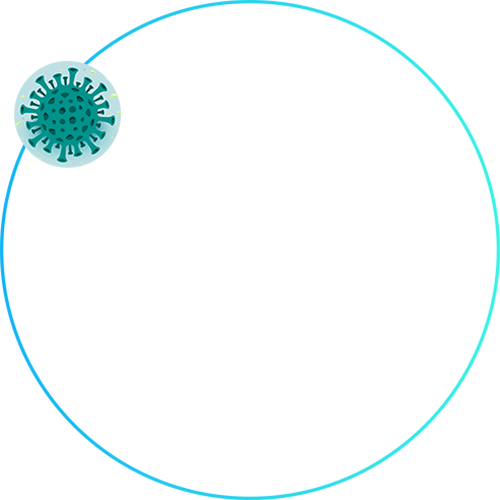

Close Contact With An Infected Person
Lorem ipsum dolor sit amet, consectetur adipiscing elit, sed do eiusmod tempor incididunt ut labore et dolore magna aliqua. Quis ipsum suspendisse ultrices gravida. Risus commodo viverra maecenas accumsan lacus vel facilisis.
Lorem ipsum dolor sit amet, consectetur adipiscing elit, sed do eiusmod tempor incididunt ut labore et dolore magna aliqua. Quis ipsum suspendisse ultrices gravida. Risus commodo viverra maecenas accumsan lacus vel facilisis.
Droplets spread when Infected Person coughs or sneezes
Lorem ipsum dolor sit amet, consectetur adipiscing elit, sed do eiusmod tempor incididunt ut labore et dolore magna aliqua. Quis ipsum suspendisse ultrices gravida. Risus commodo viverra maecenas accumsan lacus vel facilisis.
Lorem ipsum dolor sit amet, consectetur adipiscing elit, sed do eiusmod tempor incididunt ut labore et dolore magna aliqua. Quis ipsum suspendisse ultrices gravida. Risus commodo viverra maecenas accumsan lacus vel facilisis.
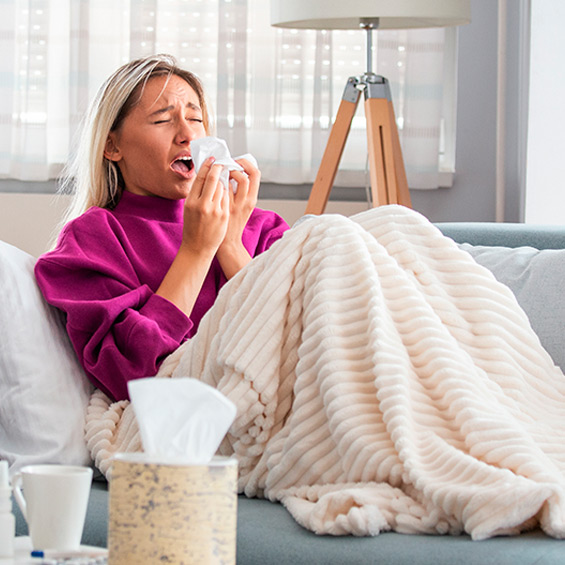


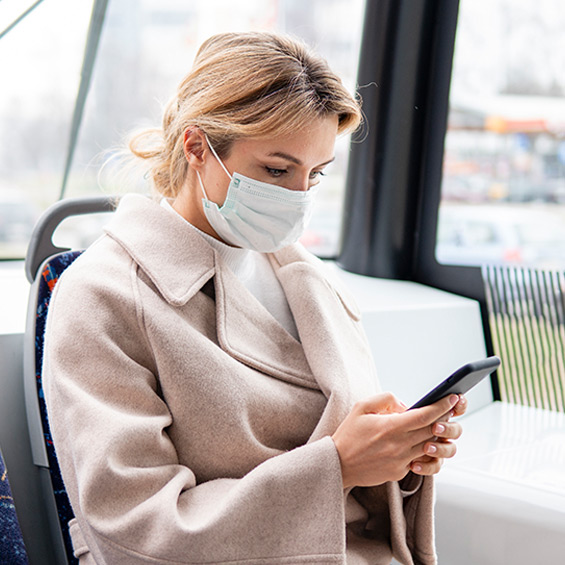


Contact with contaminated surfaces or objects
Lorem ipsum dolor sit amet, consectetur adipiscing elit, sed do eiusmod tempor incididunt ut labore et dolore magna aliqua. Quis ipsum suspendisse ultrices gravida. Risus commodo viverra maecenas accumsan lacus vel facilisis.
Lorem ipsum dolor sit amet, consectetur adipiscing elit, sed do eiusmod tempor incididunt ut labore et dolore magna aliqua. Quis ipsum suspendisse ultrices gravida. Risus commodo viverra maecenas accumsan lacus vel facilisis.

Coronavirus Symptoms
Lorem ipsum dolor sit amet, consectetur adipiscing elit, sed do eiusmod tempor incididunt ut labore et dolore magna aliqua. Quis ipsum suspendisse ultrices gravida. Risus commodo viverra maecenas accumsan lacus vel facilisis.
- Cough
- Fever
- Tiredness
- Headache
- Breath Shortness
- Muscle Pain
How to Protect Yourself
Things You Should Do
Wash Your Hand For 20 Sec
Lorem ipsum dolor sit amet, consectetur adipiscing elit, sed do eiusmod tempor incididunt ut labore.
Wear Mask All The Time
Lorem ipsum dolor sit amet, consectetur adipiscing elit, sed do eiusmod tempor incididunt ut labore.
Avoid Contact With Animals
Lorem ipsum dolor sit amet, consectetur adipiscing elit, sed do eiusmod tempor incididunt ut labore.
Always Cover Your Sneeze
Lorem ipsum dolor sit amet, consectetur adipiscing elit, sed do eiusmod tempor incididunt ut labore.
Things You Shouldn’t Do
Avoid Crowded Places
Lorem ipsum dolor sit amet, consectetur adipiscing elit, sed do eiusmod tempor incididunt ut labore.
Don't Handshake
Lorem ipsum dolor sit amet, consectetur adipiscing elit, sed do eiusmod tempor incididunt ut labore.
Don't Touch Your Face
Lorem ipsum dolor sit amet, consectetur adipiscing elit, sed do eiusmod tempor incididunt ut labore.
Avoid Travel
Lorem ipsum dolor sit amet, consectetur adipiscing elit, sed do eiusmod tempor incididunt ut labore.


Frequently Asked & Questions
-
What is the source of the virus?
Coronaviruses are a large family of viruses. Some cause illness in people, and others, such as canine and feline coronaviruses, only infect animals. Rarely, animal coronaviruses that infect animals have emerged to infect people and can spread between people.
-
How does the virus spread?
Coronaviruses are a large family of viruses. Some cause illness in people, and others, such as canine and feline coronaviruses, only infect animals. Rarely, animal coronaviruses that infect animals have emerged to infect people and can spread between people.
-
What is coronavirus? What is COVID-19?
The COVID-19 outbreak has caused markets to collapse and worldwide health systems to become overwhelmed. When there's a global pandemic, it's nice to hear from the steady, transparent and yes even reassuring voice of experts on the front lines.
-
What are the symptoms of COVID-19?
There's a lot we don't know about the novel coronavirus that's shutting down the world. But we do know this: the sick, the elderly, and the immune-compromised are particularly at risk. If you or a loved one fall into this category, there are some things you can do to help keep COVID-19 at bay.
-
What can I do to prevent myself and others from getting coronavirus?
It has spread so rapidly and to so many countries that the World Health Organization has declared it a pandemic (a term indicating that it has affected a large population, region, country, or continent).
-
What should I do if I feel sick?
If you do get sick with the flu, your doctor can prescribe an antiviral drug that can reduce the severity of your illness and shorten its duration. There are currently no antiviral drugs available to treat COVID-19.
-
If a loved one gets sick, how can I care for them?
Some people infected with the virus have no symptoms. When the virus does cause symptoms, common ones include low-grade fever, body aches, coughing, nasal congestion, runny nose, and sore throat.
-
What is the source of the virus?
Coronaviruses are a large family of viruses. Some cause illness in people, and others, such as canine and feline coronaviruses, only infect animals. Rarely, animal coronaviruses that infect animals have emerged to infect people and can spread between people.
-
How does the virus spread?
Coronaviruses are a large family of viruses. Some cause illness in people, and others, such as canine and feline coronaviruses, only infect animals. Rarely, animal coronaviruses that infect animals have emerged to infect people and can spread between people.
-
What is coronavirus? What is COVID-19?
The COVID-19 outbreak has caused markets to collapse and worldwide health systems to become overwhelmed. When there's a global pandemic, it's nice to hear from the steady, transparent and yes even reassuring voice of experts on the front lines.
-
What are the symptoms of COVID-19?
There's a lot we don't know about the novel coronavirus that's shutting down the world. But we do know this: the sick, the elderly, and the immune-compromised are particularly at risk. If you or a loved one fall into this category, there are some things you can do to help keep COVID-19 at bay.
-
What can I do to prevent myself and others from getting coronavirus?
It has spread so rapidly and to so many countries that the World Health Organization has declared it a pandemic (a term indicating that it has affected a large population, region, country, or continent).
-
What should I do if I feel sick?
If you do get sick with the flu, your doctor can prescribe an antiviral drug that can reduce the severity of your illness and shorten its duration. There are currently no antiviral drugs available to treat COVID-19.
-
If a loved one gets sick, how can I care for them?
Some people infected with the virus have no symptoms. When the virus does cause symptoms, common ones include low-grade fever, body aches, coughing, nasal congestion, runny nose, and sore throat.
-
What is the source of the virus?
Coronaviruses are a large family of viruses. Some cause illness in people, and others, such as canine and feline coronaviruses, only infect animals. Rarely, animal coronaviruses that infect animals have emerged to infect people and can spread between people.
-
How does the virus spread?
Coronaviruses are a large family of viruses. Some cause illness in people, and others, such as canine and feline coronaviruses, only infect animals. Rarely, animal coronaviruses that infect animals have emerged to infect people and can spread between people.
-
What is coronavirus? What is COVID-19?
The COVID-19 outbreak has caused markets to collapse and worldwide health systems to become overwhelmed. When there's a global pandemic, it's nice to hear from the steady, transparent and yes even reassuring voice of experts on the front lines.
-
What are the symptoms of COVID-19?
There's a lot we don't know about the novel coronavirus that's shutting down the world. But we do know this: the sick, the elderly, and the immune-compromised are particularly at risk. If you or a loved one fall into this category, there are some things you can do to help keep COVID-19 at bay.
-
What can I do to prevent myself and others from getting coronavirus?
It has spread so rapidly and to so many countries that the World Health Organization has declared it a pandemic (a term indicating that it has affected a large population, region, country, or continent).
-
What should I do if I feel sick?
If you do get sick with the flu, your doctor can prescribe an antiviral drug that can reduce the severity of your illness and shorten its duration. There are currently no antiviral drugs available to treat COVID-19.
-
If a loved one gets sick, how can I care for them?
Some people infected with the virus have no symptoms. When the virus does cause symptoms, common ones include low-grade fever, body aches, coughing, nasal congestion, runny nose, and sore throat.
-
What is the source of the virus?
Coronaviruses are a large family of viruses. Some cause illness in people, and others, such as canine and feline coronaviruses, only infect animals. Rarely, animal coronaviruses that infect animals have emerged to infect people and can spread between people.
-
How does the virus spread?
Coronaviruses are a large family of viruses. Some cause illness in people, and others, such as canine and feline coronaviruses, only infect animals. Rarely, animal coronaviruses that infect animals have emerged to infect people and can spread between people.
-
What is coronavirus? What is COVID-19?
The COVID-19 outbreak has caused markets to collapse and worldwide health systems to become overwhelmed. When there's a global pandemic, it's nice to hear from the steady, transparent and yes even reassuring voice of experts on the front lines.
-
What are the symptoms of COVID-19?
There's a lot we don't know about the novel coronavirus that's shutting down the world. But we do know this: the sick, the elderly, and the immune-compromised are particularly at risk. If you or a loved one fall into this category, there are some things you can do to help keep COVID-19 at bay.
-
What can I do to prevent myself and others from getting coronavirus?
It has spread so rapidly and to so many countries that the World Health Organization has declared it a pandemic (a term indicating that it has affected a large population, region, country, or continent).
-
What should I do if I feel sick?
If you do get sick with the flu, your doctor can prescribe an antiviral drug that can reduce the severity of your illness and shorten its duration. There are currently no antiviral drugs available to treat COVID-19.
-
If a loved one gets sick, how can I care for them?
Some people infected with the virus have no symptoms. When the virus does cause symptoms, common ones include low-grade fever, body aches, coughing, nasal congestion, runny nose, and sore throat.
